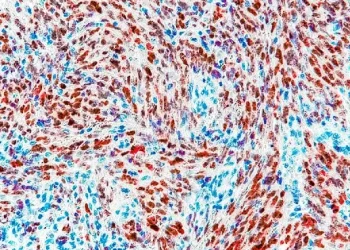A Potential Breakthrough in Stroke Recovery
Scientists funded by the National Institutes of Health (NIH) have identified uric acid as a potential treatment to improve stroke recovery. A recent preclinical study in rodents showed that uric acid therapy enhanced survival rates and motor function after an ischemic stroke, opening the door for human clinical trials.
A Closer Look at the Study
NIH-Backed Research on Stroke Recovery
The study, conducted by Dr. Enrique Leira and Dr. Anil Chauhan at the University of Iowa, explored uric acid’s effects on stroke recovery. Researchers used a rodent model simulating human strokes, administering intravenous uric acid or a saline control. MRI scans and neurological assessments measured recovery over 30 days.
Key Findings
- Rodents receiving uric acid showed significantly better sensorimotor function.
- Survival rates were higher in the uric acid group than in the control group.
- The treatment’s efficacy was consistent across different age groups and comorbid conditions, including obesity and hypertension.
How Uric Acid Could Change Stroke Treatment
Ischemic stroke, caused by artery blockages reducing brain blood flow, remains a leading cause of disability in the U.S. Current treatments aim to dissolve clots and restore circulation, but many patients experience incomplete recovery. Uric acid, when administered alongside existing treatments, may offer neuroprotective benefits, potentially improving outcomes.
Comparing Stroke Recovery Outcomes
Effectiveness of Uric Acid in Rodent Stroke Recovery
| Treatment Group | Sensorimotor Improvement | Survival Rate Increase | Brain Damage Reduction |
|---|---|---|---|
| Uric Acid | Significant | Higher | Limited |
| Control | Minimal | Lower | No Reduction |
Future Steps: Human Clinical Trials
Researchers emphasize the need for human clinical trials to confirm uric acid’s effectiveness. The study was conducted under the NIH’s Stroke Preclinical Assessment Network (SPAN), which applies clinical trial standards to animal studies to improve the likelihood of successful human trials.
Looking Ahead
If clinical trials confirm the benefits observed in rodents, uric acid could become a crucial add-on therapy for stroke patients. Researchers and medical professionals will continue investigating its safety, dosage, and long-term effects in human subjects.
For more insights on stroke research and treatment advancements, visit the NIH’s official website or follow THX News’s Breaking US Medical News.
Sources: National Institutes of Health.









